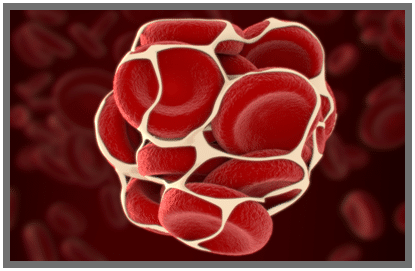
Clinical diagnostics laboratories utilize a wide variety of instrumentation to measure critical care analytes. These instruments range from manual point-of-care bench apparatus to high-volume, fully automated free-standing systems. Testing is performed using all types of body fluids, including serum, whole blood, urine, cerebrospinal fluid, and others. The results of these tests provide clinicians with critical information for diagnosis, prognosis, and constant monitoring of patients’ medical status. Clinical laboratories are generally divided into basic units, such as Chemistry, Hematology, Coagulation, Immunochemistry, and Microbiology. These units perform tests that are grouped according to the type of analyte and/or to the methodology of measurement.
Coagulation laboratories are frequently located near or within Hematology, and they focus on the complex pathways of coagulation in the blood. Many coagulation assays have both a functional (activity) and quanitative (antigenic) method for measuring specific coagulation proteins. Automated equipment allows physicians to diagnose and monitor congenital and acquired bleeding disorders, platelet disorders, hypercoagulable conditions, and autoimmune coagulation disorders.
- Sort by
- Display 15 Products per page
